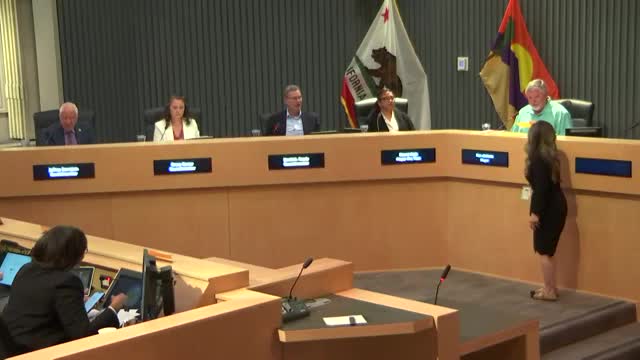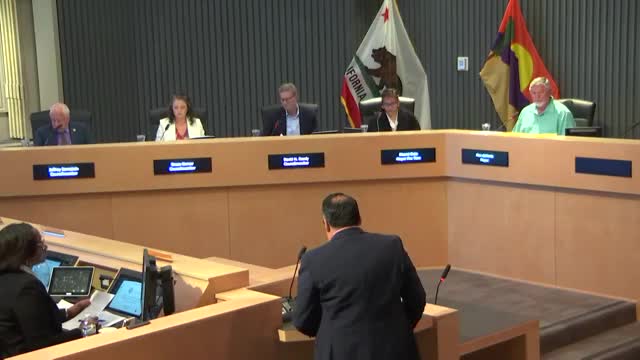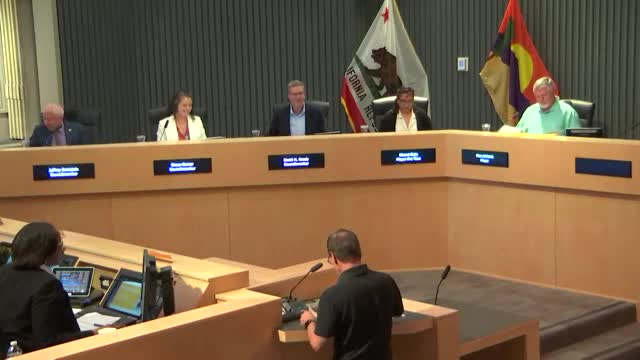Article not found
This article is no longer available. But don't worry—we've gathered other articles that discuss the same topic.

Palm Springs appoints Bernstein to represent city at Eastern Riverside JPA dissolution meeting

Palm Springs council hears HUD five‑year consolidated plan; first‑year CDBG allocations set for housing rehab and legal aid workshops

